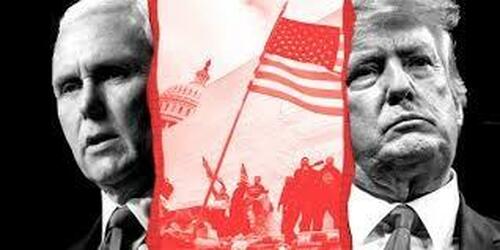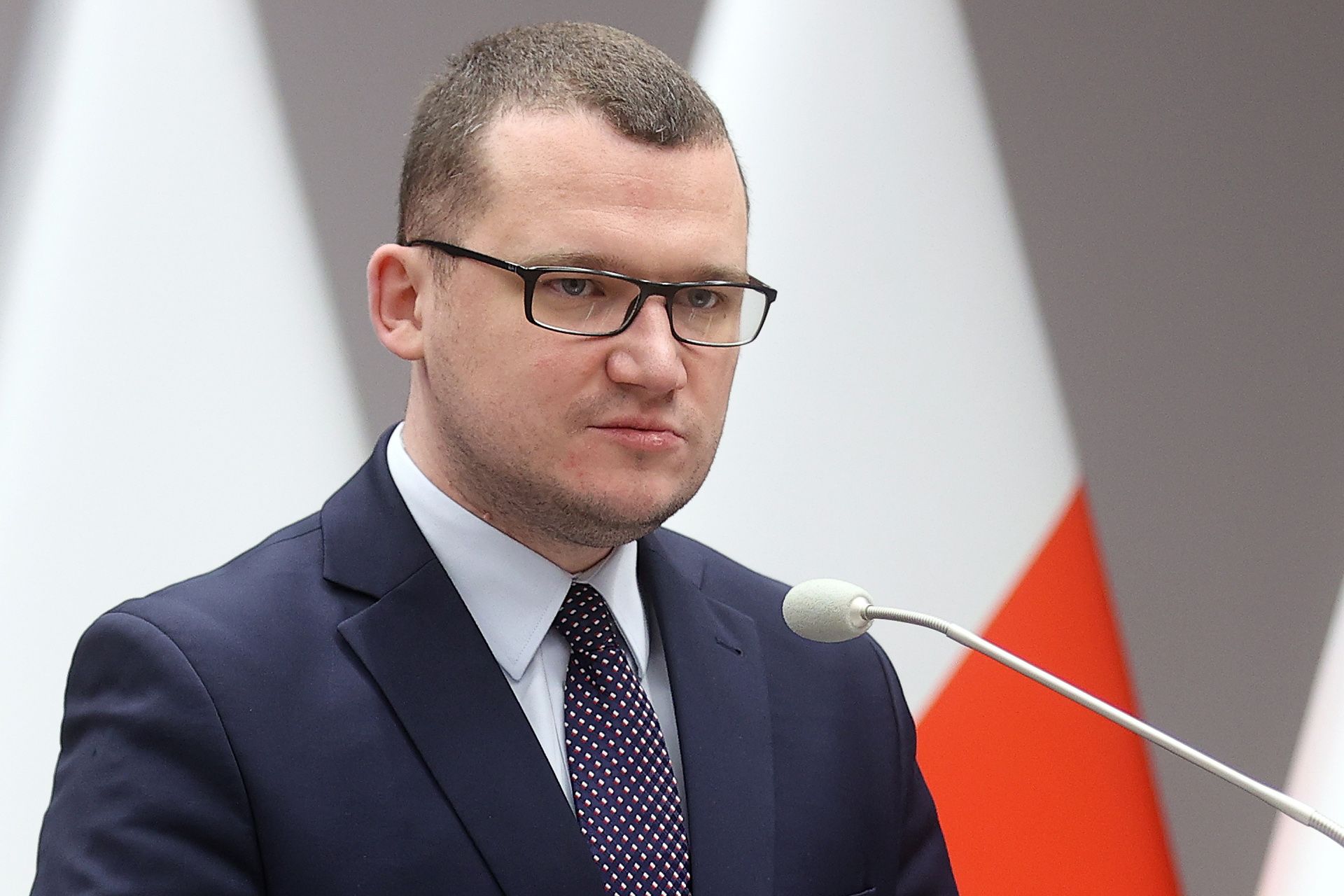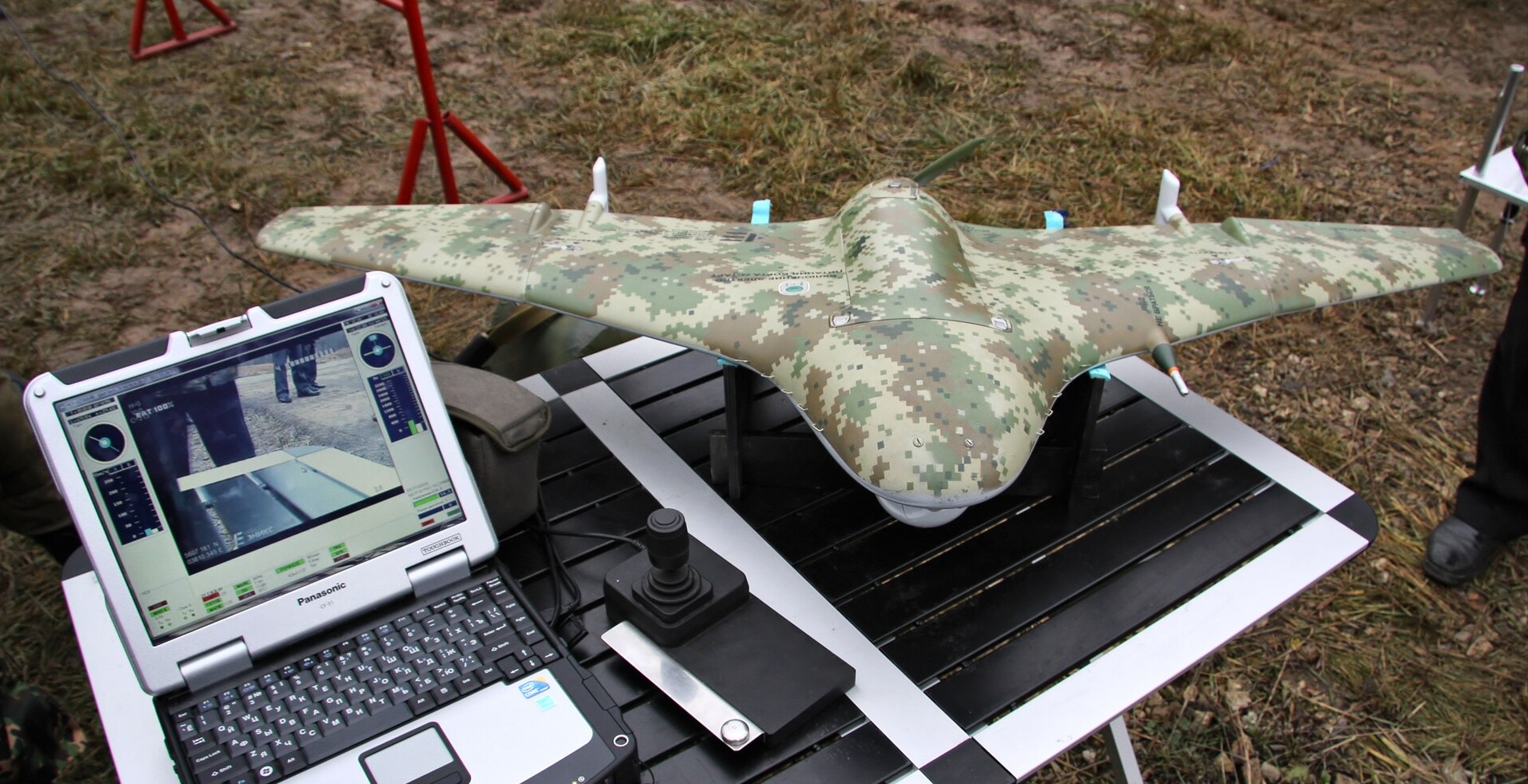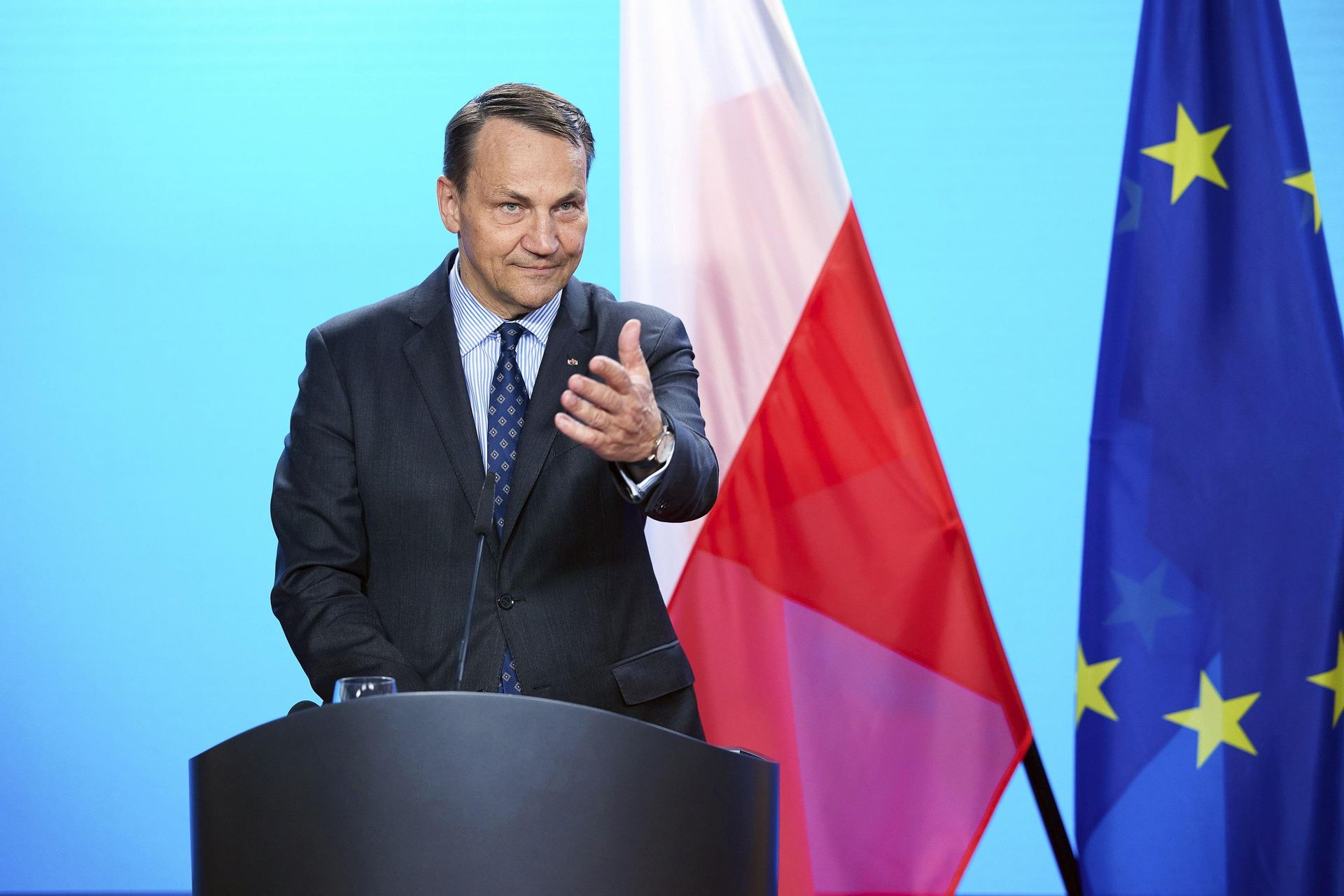
Mike Pence’s Role In J6
Authored by Jeff Carlson and Hans Mahncke via TruthOverNews.org,
Most of us have known all along that the January 6th Insurrection narrative was a hoax – albeit a very effective one – that was perpetrated by the Left. But there’s someone else whose actions on that fateful day have escaped the close scrutiny they deserve. A man whose seemingly perfectly-timed actions may have played a greater role in the events of that day than any other single individual.
We’re talking, of course, about the actions of Trump’s former vice president, Mike Pence. While many know that Pence later played down allegations of voter fraud and certified Biden’s Presidency, few are fully aware of Pence’s actions on and leading up to that fateful day.

On Dec. 22, 2020, Pence spoke at a Turning Point USA event in West Palm Beach where he told the crowd that “as our election contest continues, I’ll make you a promise. We’re going to keep fighting until every legal vote is counted. We’re going to keep fighting until every illegal vote is thrown out. We’re going to win Georgia, we’re going to save America and we’ll never stop fighting to make America great again. You watch.”
But Pence wasn’t done firing up supporters of President Trump who hoped the election could be successfully challenged. Two days prior to the events at the Capitol, during an impassioned speech on Monday, Jan 4, 2021, Pence urged Georgia Republicans to vote for Senators David Perdue and Kelly Loeffler while reassuring the enthusiastic crowd that he “stands with President Trump”.
Pence assured the crowd that he would use his position as president of the Senate to review the 2020 election, telling the cheering masses that “We’ve all got our doubts about the last election. I want to assure you, I share the concerns of millions of Americans about voting irregularities. And I promise you, come this Wednesday, we’ll have our day in Congress. We’ll hear the objections. We’ll hear the evidence.”
The crowd roared its approval:
Despite his fiery rhetoric, Pence knew his words were almost certainly hollow at the time that he said them.
A last gasp lawsuit – that we thought was actually quite good – was filed by Texas AG Ken Paxton on December 8, 2020, challenging the many unconstitutional changes to 2020 election laws in key battleground states. Instead of focusing on election fraud, Paxton highlighted how four states exploited Covid and the subsequent shutdown to justify ignoring federal and state election laws and unlawfully enacting last-minute changes, thus skewing the results of the 2020 General Election.
Paxton’s lawsuit also noted how these battleground states flooded their citizens with unlawful ballot applications and ballots while ignoring statutory requirements as to how those were received, evaluated and counted. It was a very good lawsuit. It was also almost immediately rejected by the Supreme Court – who apparently wanted no part in deciding the outcome of the election. That rejection marked the true end of any election challenges.
The day after Pence’s Georgia speech, on the morning of January 5, 2021, President Trump sent a tweet stating that “The Vice President has the power to reject fraudulently chosen electors.” There was no public response from Pence, although that afternoon the New York Times ran a story alleging that Pence had told Trump at lunch that day that “he did not believe he had the power to block congressional certification of Biden’s victory.”
But that story was quickly refuted by Trump, who issued a statement claiming Pence had “never said that. Trump continued, declaring that “The vice president and I are in total agreement that the vice president has the power to act.” Trump said that Pence had “several options under the U.S. Constitution. He can decertify the results or send them back to the states for change and certification. He can also decertify the illegal and corrupt results and send them to the House of Representatives for the one vote for one state tabulation.”
Throughout all of this, Pence said nothing publicly.
Neither Pence nor his office made any statement refuting the President’s claim or restating Pence’s position—until the following day when Trump was giving his Capitol speech, which began at noon on Jan. 6th.
At 12:53, just minutes before a joint session of Congress was to elect a president – and while Trump was still giving his speech – Pence’s office released a letter to members of Congress stating his position on electoral certification for the first time publicly, saying, “I do not believe that the Founders of our country intended to invest the Vice President with unilateral authority to decide which electoral votes should be counted during the Joint Session of Congress.”
Pence’s position that he lacked unilateral authority to decide which electoral votes should be counted was not an overtly unreasonable position. But Pence’s unexplained failure to clarify his position until Trump was near the end of his speech on Jan 6th was an issue. A big one.
Pence’s statement to Congress was first released at 12:53 p.m. Four minutes later, individuals began jumping fencing located at 1st Street and at 12:58 p.m. a crowd broke “through fencing near the Peace Monument.” To make matters potentially more inflammatory, Pence also sent his statement out broadly in a tweet at 1:02 EST – exactly 10 minutes before Trump wrapped up his speech before a huge crowd of tens of thousands of people.
At the exact moment of Pence’s tweet, fencing on the Capitol steps was breached. At 1:06 pm the joint session of Congress convened to count the electoral votes. At 1:12 pm Trump finished his speech at The Ellipse.
Meanwhile, the situation at the Capitol continued to rapidly deteriorate and at 2:08 p.m. the Capitol was placed on lockdown. Between 2:11 and 2:18 p.m. the Capitol building was „breached” and at 2:18 p.m. the House called a recess during its debates over objections to the Arizona electoral votes.
At 2:24, Trump sent a tweet stating that “Mike Pence didn’t have the courage to do what should have been done to protect our Country and our Constitution.” Two minutes later, at 2:26 pm, the Senate called a recess over an objection to the electoral votes from Arizona.
That was the end of any legal objections and debates in Congress. At 2:38, President Trump sent out a tweet calling for peace in the Capitol, asking that everyone “Please support our Capitol Police and Law Enforcement. They are truly on the side of our Country. Stay peaceful!”
By roughly 5:00 p.m., relative order was restored in the Capitol allowing the Senate to resume its proceedings at 8:06 p.m. and at 3:42 a.m. on Jan. 7, Pence certified the election results. Pence declared Biden the “President-Elect” with no further objections to the election results being heard.
Following the certification of votes, Pence shared an “elbow bump” with speaker of the House Nancy Pelosi. Notably, Pence later said nothing in defense of conservative congressmen such as Ted Cruz and Josh Hawley when they were being demonized in the media for raising constitutional objections to the electoral votes—something that Democrats have done three times in the last two decades.
On January 19th, Pence sent out a tweet noting that it had been his privilege to serve as “your Vice President these past four years.” No mention of Trump or his family was made. Two months later, Pence broke his silence on the events of January 6th, carefully recrafting his words from his fateful speech on January 4th in the process.
Pence said that he had “pledged to ensure that all objections properly raised” during the electoral count process “would be given a full hearing before Congress and the American people.” Unsurprisingly, Pence blamed the events of January 6th for “depriving the American people of a substantive discussion in Congress about election integrity in America.”
The brazenness of Pence in redefining his role was, and still remains, revolting. Why is it that Pence failed to openly state his intended position in the days leading up to January 6th? Why did Pence choose to give a speech just two days before Jan 6th in which he raised the possibility – and the hopes of tens of millions of his fellow citizens – that he would personally step in to assist in challenging the 2020 election outcome when he knew he wouldn’t do so?
Pence understood the impact and results from his words when he proclaimed that he would fight until all illegal votes were thrown out. Pence understood what it meant when he told the American people that they would have their day in Congress.
Worse still, Pence also understood the impact from his strategically timed reversal when he suddenly claimed that he lacked unilateral authority to decide which electoral votes should be counted.
Mike Pence knew what would happen.
Tyler Durden
Mon, 01/06/2025 – 21:45

 8 miesięcy temu
8 miesięcy temu










![Sąd pokazał jak obliczyć zachowek od mieszkania 191 500 zł. Dla córki, syna, wnuka. Obliczenia. Zasady. Wzory [Przykład]](https://g.infor.pl/p/_files/38265000/podwyzki-38264590.jpg)


